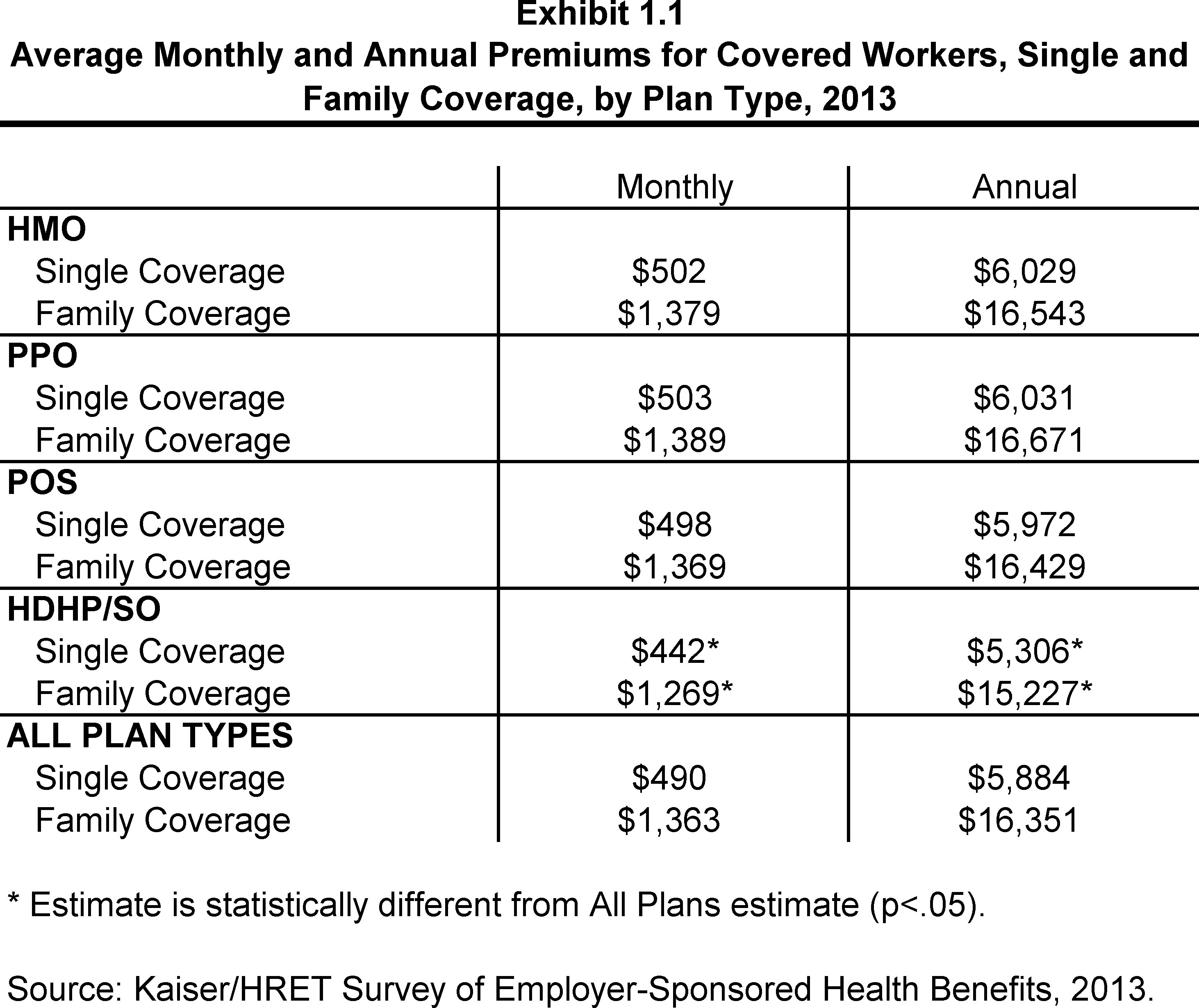The insurance market is insurance coverage representatives using products on behalf of insurer. Agents earn money a commission by the insurance coverage business to sell their products. Some representatives work as brokers, others work in a group setting or are captive (devoted to one insurer). To sell insurance coverage of any kind there are usually 2 requirements. A base salary. Commission. A reward or benefit. All three of these payment techniques define how insurance coverage agents get paid. Nevertheless, which payment methods apply depend upon: Representative typeExperienceLocation Insurance coverage agents are paid differently depending on if they are captive or independent. Here's how to discriminate between the two: This type of agent works exclusively for one particular insurance coverage company.
They get leads from the business and represent the products it sells. This type of agent offers products from various insurer. They do not have an obligation to any one insurance company and generally operate in their own office or as part of an independent firm. But they do participate in a contract that provides binding authority to offer insurance policies on the behalf of various insurance provider.
Independent representatives can grow their book of organization quicker than captive agents due to the fact that they are more participated in their neighborhood and use more personalized service. They can typically earn higher commissions however get little to no base wage. With both types of insurance agents, the specific representative acts as an intermediary in between the consumer and the insurance provider.
The payment structure of an insurance representative is influenced by where they work. Those who work as a sales agent for one insurance coverage company, representing only that insurer's products, normally get paid in one of three ways: Salary onlySalary plus commissionSalary, commission and reward Agents who work for an independent insurance company selling items from selected business normally earn a little wage and commissions, OR a wage plus a bonus offer if the company meets its goals.
The 2017 typical annual wage for an insurance coverage agent is $49,710 and the per hour wage is $23. 90 per hour, according to the U.S. Department of Labor's Bureau of Labor Statistics, New agents earn less than $27,180, while those with years in the company can make upwards of $125,190. Along with a base wage, captive agents also get an employer-sponsored advantages bundle, in addition to supporting personnel, office devices, marketing and advertising initiatives.
An agent's base commission depends several aspects like: The line of insuranceThe number of new policies soldThe number of restoring policiesThe commission structure, if any, of the insurance provider or agency Captive representatives generally make a 5% to 10% commission for each car and home insurance coverage they sell. Each time the policy restores, they get a recurring commission, which is typically less than the initial commission.
Independent agents make more in commission than captive agents since they either get no base pay or a very small one. According to the Independent Insurance Coverage Agents & Brokers of America, Inc. (IIABA), independent representatives typically earn the following variety of commissions on these policy types: Between 8% and 15% of a brand-new policy's first year premium and between 2% and 15% at the policy's renewal.
Who Does An Insurance Agent Represent - Truths
Considering that life and medical insurance commissions are front-loaded, representatives generally don't receive a commission after the third policy renewal. Sometimes, captive and independent representatives might earn contingent commissions, which are incentive-based. Insurer or firms might set certain goals for attaining contingent commissions, such as: Reaching a specific volume of businessPolicy retentionGrowing a particular line of insuranceOverall success In general, no matter the kind of agent, the higher a representative's book of company, the more commissions he or she earns.
A lot of U.S. states have disclosure laws that require agents and brokers to provide this information. Some insurance representatives might receive quarterly, semiannual, or year-end bonuses based on their sales performance. For captive agents, efficiency bonus offers can amount to 20% or more of their earnings. Independent representatives usually do not receive efficiency benefits unless they work for an independent insurance agency that uses such chances.

Experience matters when it comes to just how much insurance coverage representatives can make. For both captive and independent insurance representatives, the more years working as an agent, the more customers they acquire and the more strong their track record ends up being as a relied on representative. This relationship building equates into brand-new business and continued renewals, increasing an agent's commission from year to year.

Insurance rates are figured out by a location's cost of living, how lots of mishaps happen, the overall health of its homeowners, the criminal activity rate and other statistics. For representatives, location can impact insurance coverage sales due to the fact that: The expense of insurance coverage is so high that many citizens would go without it. People are leaving the location due to a high cost of living.
There are more agents in the market than possible consumers. There is greater competitors in the area. Residents tend to go shopping more online than in your area. The expense of insurance coverage is http://cristianqaxz366.huicopper.com/some-of-what-is-deductible-in-health-insurance high, so representatives can make more commission. The cost of insurance coverage is low, so representatives do not earn as much commission.
So, what representative services are customers getting for their cash? A representative knows all the ins and outs of the insurance coverage products he or she is selling (how to be an insurance agent). They apply this knowledge to assist consumers pick the best policy to meet their needs and budget - how much does the average insurance agent make. Insurance coverage representatives are required to be licensed in each state in which they work.
Some insurance representatives have actually expanded their knowledge of insurance by completing courses and passing examination requirements for insurance coverage classifications. Amongst the leading designations are: Certified Insurance Therapist (CIC) Chartered Life Underwriter (CLU) Chartered Home Casualty Underwriter (CPCU) Commercial Lines Protection Professional (CLCS) Accredited Consultant in Insurance Coverage (AAI) Associate in General Insurance Coverage (AINS) Accredited Consumer Service Representative (ACSR) Personal Lines Coverage Expert (PLCS) Partner in Insurance Coverage Solutions (AIS) Health Care Compliance Professional (HCP) Group Benefits Associate (GBA) Fellow, Health Insurance Coverage Advanced Studies (FHIAS) Qualified Financial Coordinator (CFP) Financial Services Qualified Expert (FSCP) You'll see one or more of these designations after the insurance coverage representative's name.
How To Become An Auto Insurance Agent In California for Beginners
For customers trying to find an insurance representative, understanding the payment structure of your agent supplies transparency and helps develop trust. Weigh this info with the representative's professionalism and knowledge to develop a relying on relationship.